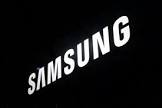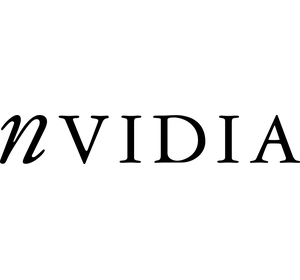$SSNLF $000660 $HYNX
#Samsung #SKHynix #AIboom #techstocks #investing #memorychips #semiconductors #AIindustry #Hynix #SamsungElectronics #SKGroup #techinnovation
Samsung Electronics, one of South Korea’s largest conglomerates and a global leader in technology, has been caught off guard by the artificial intelligence (AI) boom that has swept the world of semiconductors. Despite its dominance in memory chips for decades, the company has fallen behind long-time rival SK Hynix, especially in the high-bandwidth memory (HBM) sector, which is crucial for AI applications. This misstep has led to investors’ concerns about Samsung’s competitive positioning in the rapidly growing AI space, contributing to a significant drop in its market valuation.
The underperformance in AI-related high-bandwidth memory technology comes at a crucial time when AI demands are driving the semiconductor market’s rapid evolution. With AI systems requiring more data processing power and speed, high-bandwidth memory has become a key enabler of next-generation AI functions. Commentators have pointed out that SK Hynix’s competitive advantage in this area stems from its forward-thinking strategy and earlier investments in research and development, geared toward AI-specific applications. SK Hynix’s edge in high-bandwidth memory technology has positioned the company to ride the AI wave, which is expected to grow significantly in the coming years, pulling in some major contracts, and pushing its stock higher in the process. Meanwhile, Samsung’s delayed response to these shifts has caused it to miss out on some key opportunities in this AI gold rush.
Samsung’s market lag has also had a financial impact. The company’s stock saw a correction that wiped out an estimated $126 billion from its market capitalization. This plunge represents a stark warning to investors and industry-watchers alike, signaling that even tech giants with historical dominance like Samsung remain vulnerable if they fail to adapt in time with industry demand cycles, particularly in emerging fields such as AI. Key players like Nvidia and SK Hynix, which have linked their growth to AI, have reaped the financial rewards of this trend, making Samsung’s relative underperformance even more conspicuous. Investors may well expect Samsung to ramp up its investment in AI-related technologies, but it remains to be seen how quickly they can catch up to competitors.
The broader market effect of these developments is noteworthy. As Samsung’s stock has struggled, sector-specific ETFs tied to the semiconductor industry experienced volatility. Companies reliant on AI chip advancements, such as Nvidia and SK Hynix, have seen positive momentum, while ETF funds holding substantial amounts of Samsung may be under some pressure. The underlying shift within the sector is evident: the semiconductor race is now AI-focused, and companies like Samsung that don’t move quickly enough risk being left behind. The tech market, for all its vast opportunities, tends to punish conservatism and delay, as illustrated by Samsung’s recent financial turmoil in the midst of an AI-driven market rally.











Comments are closed.